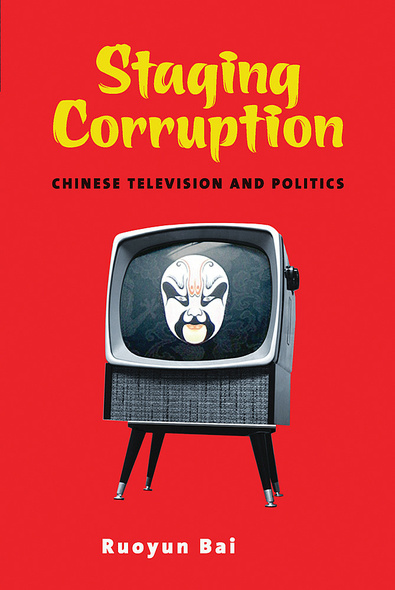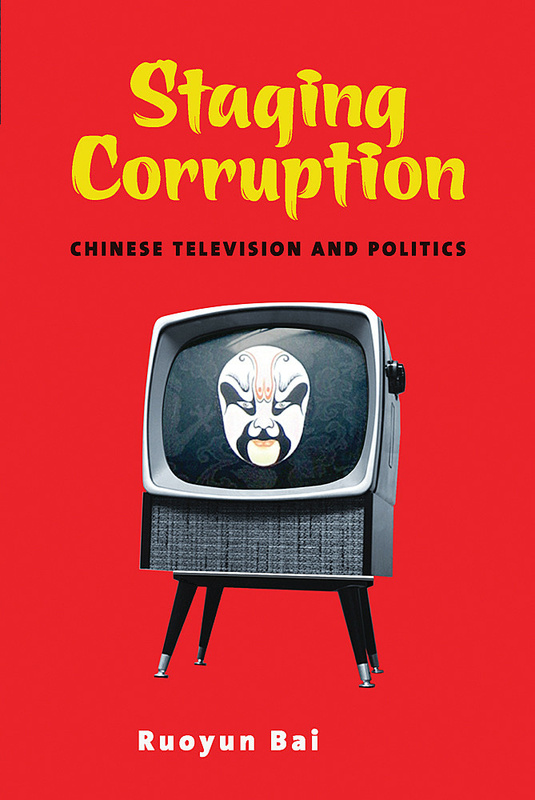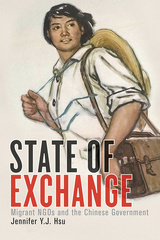
Staging Corruption
Chinese Television and Politics
In late 1995, the drama Heaven Above (Cangtian zaishang) debuted on Chinese TV. Featuring a villainous high-ranking government official, it was the first in a series of wildly popular corruption dramas that riveted the nation. In Staging Corruption, Ruoyun Bai looks at the rise, fall, and reincarnation of these dramas and the ways in which they express the collective dreams and nightmares of China in the market-reform era. She charts the serials’ genesis as a key component of the Communist Party’s anticorruption struggles to their re-emergence, following a government crackdown in 2004, as highly cynical representations of power and money. She considers the political implications of media commercialization in China, showing that the commercialized television culture is actually a better vehicle for cynical representations of corruption. Her book shows how these dramas – as products of the interplay between television stations, production companies, media regulation, and political censorship – unveil complicated relationships between power, media, and society. Staging Corruption will be essential reading for those following China's ongoing struggles with the highly volatile issue of political and social nepotism.
This book will interest scholars and students in media and communication studies, contemporary China studies, cultural and literary studies, and political science.
Awards
- 2015, Long-listed - ICAS Book Prize, International Convention of Asia Scholars
Staging Corruption is a probing analysis of Chinese anti-corruption television drama since the 1990s. Bai's rich and wide-ranging study not only illuminates a popular television genre but also sheds light on broader issues of governance, morality, and media censorship in contemporary China. It is the best book I have read on Chinese television culture and politics in recent years.
A fascinating, engaging, and highly original book. By showing us how to read contemporary Chinese society and politics through the prism of the production and consumption of popular television dramas, Staging Corruption makes an exceptional contribution to Chinese media studies.
A very important book. Staging Corruption provides a significant perspective on the monumental changes that have taken place in China since the 1980s by looking at the changes in one form of popular cultural product – TV dramas about corruption. Rich in textual detail, Staging Corruption should be widely used in classes on Chinese media, Asian media, and television studies.
Introduction
1 Chinese Television Dramas: An Overview
2 Corruption Dramas as a Mediated Space: CCTV, Intellectuals, and the Market
3 Censorship, Governance Crisis, and Moral Regulation
4 Anti-Corruption Melodrama and Competing Discourses
5 Cynicism as a Dominant Way of Seeing
6 Speaking of the “Desirable” Corrupt Official: A Case Study
Conclusion
Appendix: Selected Corruption Drama Titles; Notes; Bibliography; Index





